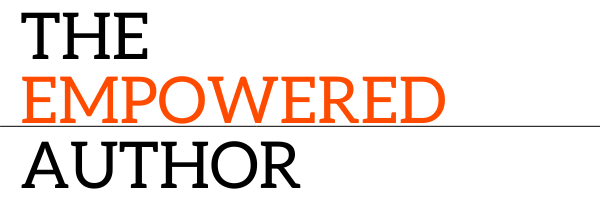Blurbed Lines
By Kerry Wilkinson
Here’s one of the things about writing books that nobody ever tells you: The actual book itself, to a degree, doesn’t matter.
Those 90,000 words or so are the bit that will engulf your life - and yet, as someone who’s written a lot of these things, I can tell you that those 90,000 words are almost the least important thing.
The truth is, nobody buys a book because of the book itself. Most readers will buy your work for one of three reasons:
Price
The cover
The blurb
